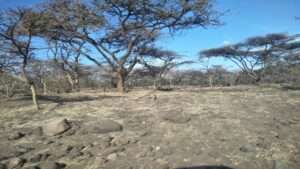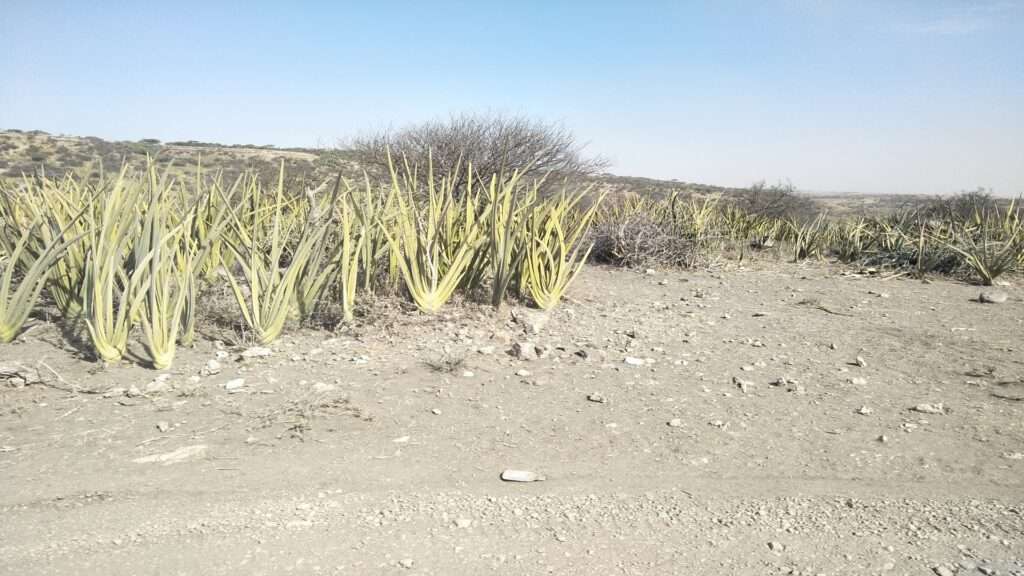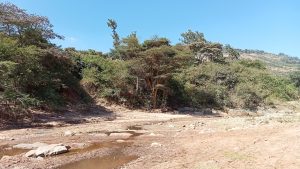Climate change refers to a change in long-term weather trends. Some of the signs can be observed in various geographical settings through rising temperatures, cooling temperatures, and changes in precipitation. This is considered as an environmental issue. It is manifested by global warming. Various media reports testify a substantial research on climate change. According to Pope Francis, climate change “represents one of the principal challenges facing humanity in our day [and] its worst impact will probably be felt by developing countries in coming decades.” This is a scenario observed in most of the African societies.
Some of the factors contributing greatly to climate change include greenhouse gas emissions due to human activities. The effects of such emissions were discovered by Joseph Fourier in 1824 and then investigated quantitatively by Svante Arrhenius in 1896. Some greenhouse gases whose concentration has become elevated because of human activities are Carbon Dioxide and Methane. Scientific researches show that greenhouse gases allow short-wavelength radiation from the sun to pass through the atmosphere, but they absorb the longer wavelength radiation (i.e., infrared) that is emitted by the Earth.
Other factors claimed to be responsible for climate change are hazardous wastes produced by mining and smelting of aluminium and iron ores and deforestation to meet various human needs. Other studies found out that the Northern sphere which is referred to as the developed world is said to constitute 21% of the global population and yet consumes about 86% of the world’s aluminium, 81% of its paper, 80% of its iron and steel, 75% of its energy and 61% of its meat. In this context, there are potential impacts resulting from climate changes influenced by temperature, precipitation, and sea level rise.
There are consequences brought about as a result of climate change. Some of them are health impacts due to weather-related mortality, infectious diseases, and air quality-respiratory illness. Agricultural impacts brought by change in forest composition, shift geographic range of forest and, forest health and productivity. All these have an impact on humanity and nature. There are also impacts on coastal lands as illustrated by the erosion of beaches, inundation of coastal lands, and costs to defend communities. Finally, the impact on species and natural habitat by observing shifts in ecological zones, loss of habitat, and even sometimes depletion of some species.
Similarly, the effects of climate change can be observed through experiencing increased temperature, altered climate patterns, rising sea levels, and ocean acidification. As we anticipate the effects of global warming soon, there is no easy way to predict how changes in the natural environment will result in changes in our social, political, and economic relations and systems. But learning from past experiences of cooperation rather than conflict over natural resources can only help our chances of preventing climate-related armed conflict.
It is also important to note that the issue of climate change is a concern of the United Nations. This is observed through various aspects such as assigning the task of for caring the environment to various national governments. The main concern at this juncture is to create more awareness through various activities which include organizing summits, conventions, conferences, and declarations at the national level and also by participating on a global stage. Historically, this can be traced to the Stockholm conference in 1972, there was an increase in environmental consciousness that influenced the establishment of departments of environment in several countries.
Consequently, at its meeting in Shanghai in January 2001, the Intergovernmental Panel on Climate Change (IPCC) issued its most comprehensive report to date on the environmental implications of climate change. Thus, in line with IPCC Principles and Procedures, after line-by-line consideration, the governments unanimously approved the Summary for Policy-makers of the report and accepted the full report.




